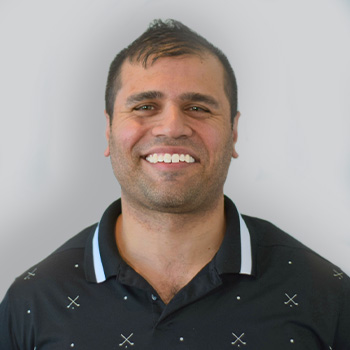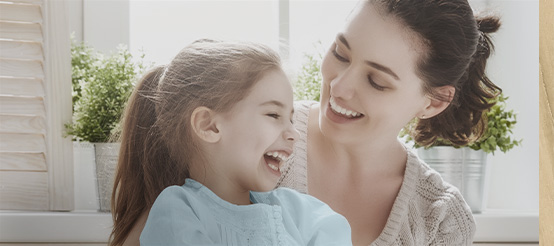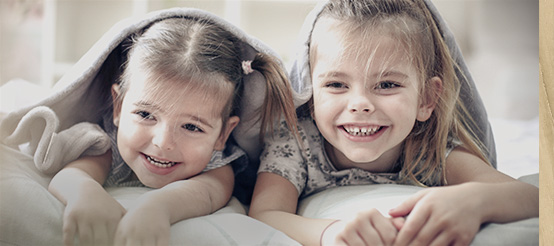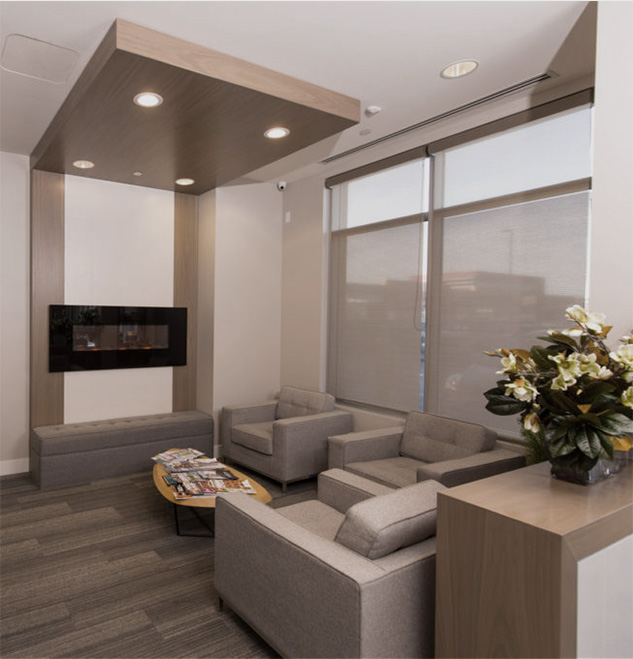Your dentist will typically diagnose a crossbite during a regular check-up. As they would explain, it’s a dental condition in which the upper and lower teeth do not correctly align when biting down.
Depending on the severity, a crossbite can cause several problems, including difficulty chewing, jaw pain, and even changes in the shape of the face. Fortunately, corrective treatments are available if you or your child have this painful complication, and experts are ready to help.
Types of Crossbite
In general, a crossbite is when one or more bottom teeth stick out past the top teeth. This condition has two primary types: posterior crossbite and anterior crossbite.
Posterior Crossbite
A posterior crossbite affects the back teeth. It’s when a set of upper molars sit inside the bottom molars. This type of crossbite could happen on one or both sides of the jaw.
Anterior Crossbite
While a posterior crossbite affects the back teeth, an anterior crossbite is the opposite. In this case, you’ll find your top front teeth sitting inside some of your bottom front teeth.
Crossbite vs. Underbite
Another dental condition you may have heard of is an underbite. A crossbite, specifically an anterior crossbite, is similar to an underbite in that both dental malocclusions affect how our teeth come together.
The difference between an underbite and an anterior crossbite is larger in scale. An underbite affects the entire lower teeth, placing them in front of the top teeth, while an anterior crossbite may only affect a selection.
What can Cause Crossbite?
Various factors, some genetic and some through development, can cause crossbites.
Genetics
Just as our facial features result from genetics, so can the state of our jaw alignment. If you have a crossbite, there’s a chance your child will inherit it. This condition could be due to a hereditary larger lower jaw, and an orthodontist might suggest a growth modification device if this is the case.
Delayed Eruption of Permanent Teeth
When baby teeth don’t fall out when they should, they can prevent the proper eruption of permanent teeth. When the teeth do erupt, they could come out at abnormal angles or jut out further than they should.
Childhood Habits
Some habits, such as mouth breathing or thumb sucking, could alter jaw growth if they continue into late childhood.
Dangers of Crossbite
We understand that crossbite is not simply a cosmetic issue; it can drastically change your quality of life. The most common symptom of a crossbite is difficulty chewing. This symptom is because the teeth are not aligned properly, making it difficult to bite and chew food.
If crossbite is left untreated into adulthood, it can lead to other more severe symptoms:
- Jaw and tooth pain
- Temporomandibular joint (TMJ) disorders
- Tooth decay
- Sleep apnea
- Frequent headaches
- Facial asymmetry
- Difficulty speaking
- Jaw, neck, and shoulder pain
Treating Crossbite
Treatment for a crossbite will depend on your age and the severity of the condition. Children have options available to them that an adult might not, and it’s generally easier to correct crossbites when it is detected early. Despite this, your dentist can still correct a crossbite in adults through similar orthodontic devices.
Treatment of crossbites can take anywhere from 6 months to 2 years to correct.
Braces
Braces can be an effective orthodontic device for children and adults with a minor crossbite. Braces can be either metal or ceramic with wire and bonding materials to attach to your teeth.
Over time, braces will exert constant pressure on your teeth. Your jaw slowly adapts to this pressure until they need to be adjusted, and this process continues until any misalignment is corrected.
These braces have evolved over the years but still tend to be clunky and restrict what foods you can eat. However, some dental conditions that are complex or severe may only be able to be corrected through the use of braces.
Invisalign
First introduced in the 1990s, Invisalign is a clear plastic aligner noted for being barely visible on your teeth. Like braces, they straighten teeth and align bites by applying constant pressure. However, many people find Invisalign to be easier to maintain, allowing them freedom and flexibility that conventional braces may not.
Unlike braces, these plastic aligners can be removed while eating or drinking and have no food restrictions. So while you must brush your teeth after meals to ensure food doesn’t become trapped inside the aligner, you don’t have to clean wires or brackets.
Invisalign can’t correct every condition, and you’ll need to discuss it with your dentist to see if it can work for you.
Oral Surgery
Dental experts might recommend jaw surgery for some severe cases of crossbite in adults. This type of surgery is designed to reset and correctly align your jaw and may be combined with braces to ensure your crossbite is fixed.
Caring for Your Teeth
While crossbite can be inherited, there are a few steps that you can take to prevent the condition from developing or worsening. These include:
- Encouraging children to stop thumb-sucking or using pacifiers as soon as possible.
- Practicing good oral hygiene, including brushing and flossing regularly and visiting the dentist regularly for check-ups and cleanings.
- Seeking treatment for missing teeth as soon as possible.
- Wearing a mouthguard to protect the teeth and jaws during sports or other activities that may cause injury.
Crossbite is a common condition and one that may be easily corrected once noticed. If you have it and are wondering if Invisalign or braces can help you, contact our team at West 85th Dental or book an appointment.








